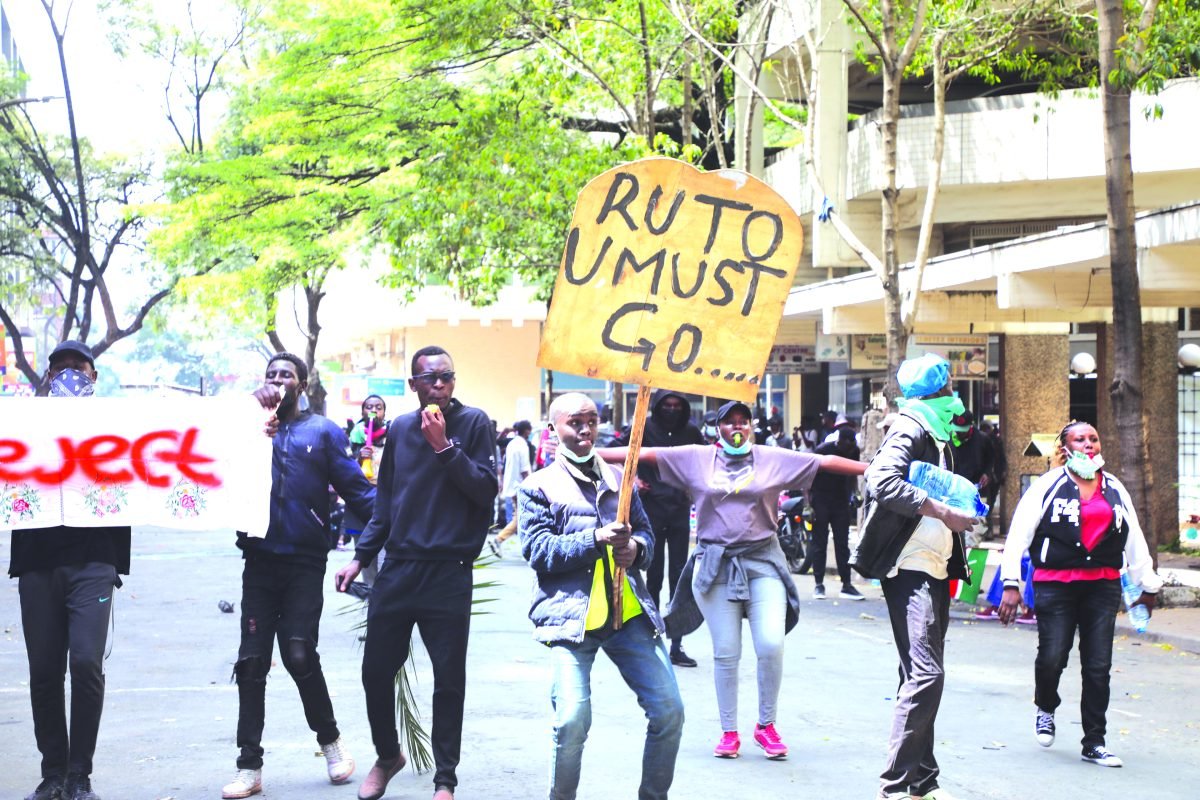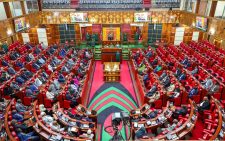Internal crisis could undermine Kenya’s progress

While the world celebrates notable strides in eradicating absolute poverty, Kenya faces an internal crisis that threatens to undermine our progress. The persistent use of the police force to impose economic reforms and silence dissent is the wrong approach that could ground the economy.
That is why in the current impasse, if Kenya does not embrace meaningful change and engage its youth constructively, we risk a future marred by instability and conflict.
Over the last couple of decades, the global fight against poverty has been largely successful, with most nations lifting millions out of destitution through strategic economic reforms and targeted social programmes.
Countries like China and India have demonstrated that rapid economic growth, coupled with investment in education and healthcare, can dramatically reduce poverty levels.
Kenya, too, has made progress. Our economy has grown, and living standards have improved for many. However, this growth has not been evenly distributed. Economic inequality persists, and unemployment remains alarmingly high, especially among the youth. It is such disparity that continues to fuel frustration and discontent, particularly when economic reforms are perceived as benefiting the elite at the expense of the majority.
This is as the political elite and other beneficiaries shower in opulence, which they have not shied away from rubbing in the face of the poor with impunity.
As United Nations Secretary-General António Guterres warned recently after releasing the state of the global poverty eradication goals: “In a world of unprecedented wealth, knowledge, and technologies, the denial of basic needs for so many is outrageous and inexcusable.”
Kenya’s economic reforms for long-term stability and growth have often come with significant social costs, and complete with policies aimed at stabilising the economy, such as tax increases and austerity measures, However, they disproportionately impact the poor and working class who are currently the major target of the taxman’s hook.
But instead of addressing these grievances through dialogue and inclusive policymaking as contained in the law, the government has frequently resorted to force as was seen with the otherwise peaceful demonstrations against economic policies.
This approach not only violates basic human rights but also deepens the divide between the government and its people.
This reliance on repression is not a solution but a symptom of deeper systemic problems. As Thomas Jefferson once said, “When injustice becomes law, resistance becomes duty.” The excessive force used by police not only escalates conflicts but also undermines public trust in law enforcement and government institutions.
Kenya’s youth are its most valuable resource and the key to its future prosperity. With over 60 percent of the population under the age of 25, this should worry policymakers, and this is to say that the aspirations and frustrations of young people cannot be ignored. They are increasingly disillusioned with the lack of economic opportunities and the perceived disconnect between their needs and government policies.
These youth are not only energetic, innovative, and eager for change but also leveraging new technology to push their agenda. However, their potential is being stifled by economic policies that do not address their needs and by a political climate that seems to suppress their voices.
That is why for Kenya, the choice of a path that prioritises dialogue, inclusivity, and genuine reform for the good of the people is not an option but the only path.
As Martin Luther King Jr famously said: “A riot is the language of the unheard.” We must ensure that the voices of Kenya’s youth are heard and addressed constructively, or risk facing the dire consequences of neglect and repression.
— The writer is People Daily’s Business Editor












